Grim double dilemma haunts Labor ahead of a looming confrontation of politics with economics

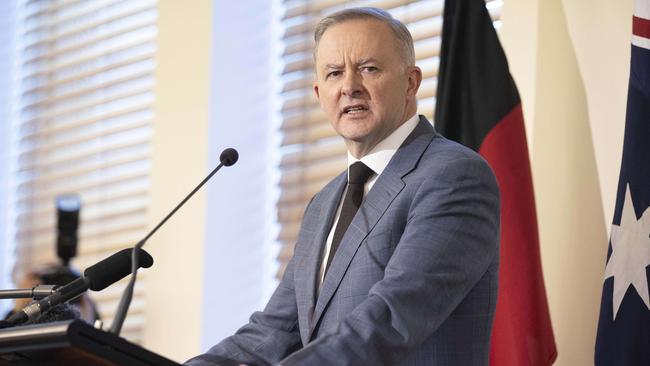
And it is one the government has a limited ability to control.
It will be defined by two events. The official inflation rate to be released on Wednesday, which is tipped to reach an annual growth rate of up to 8 per cent, and Jim Chalmers’ economic statement on Thursday.
These will be compounded next Tuesday with another horror interest rate rise.
The situation presents a gruesome dilemma for Anthony Albanese and his Treasurer.
How they respond to this accelerating economic problem over the coming weeks will reveal the direction and mettle of Labor under the Prime Minister’s leadership and the level of influence Chalmers can maintain internally.
A battle between the populists and pragmatists is looming, expressed by a contest between Chalmers and Treasury on one side and others around the cabinet table, including potentially Albanese himself, on the other.
So far, the government has enjoyed a level of electoral goodwill afforded to most incoming governments.
There is no reason to believe this won’t continue at least for the short term.
Albanese has laid down a solid foreign policy platform but now the domestic agenda must take primacy.
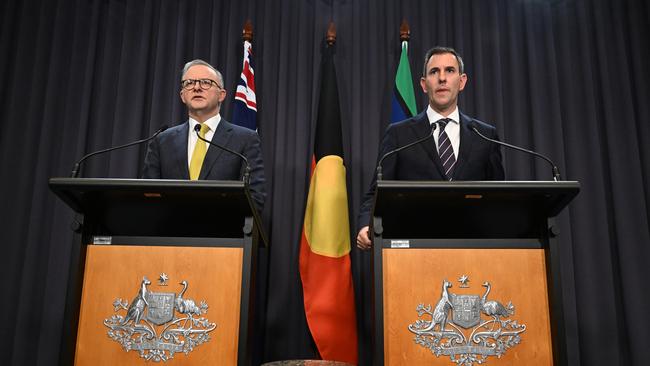
Albanese’s predicament is that to remain politically focused on what’s of concern to most Australians is to also accept there is not much he can do to address those concerns without significant policy contradictions, and counter-productive fiscal and economic consequences.
Chalmers is saying the right things about tightening the belt on government spending.
How much leverage he can sustain heading towards the budget is likely to be tested when pressures to address the short-term cost-of-living crisis – a term used by Albanese during the election campaign – really begin to bite.
A crunch point will come when the fuel excise cut comes to an end in September.
So far, Chalmers and Albanese have been steadfast in their refusal to extend it, citing budgetary constraints but there is also an economic imperative to such a decision.
Economist Chris Richardson articulated the looming clash between politics and economics.
The Reserve Bank has been trying to take money out of the economy when different elements of the government, including the Fair Work Commission, are putting it back in.
He noted that the previous government’s budget put about $17bn into the economy, which was quickly taken back out again by the RBA.
The merry-go-round has continued with the Fair Work Commission wages ruling and the Albanese government decision to extend the pandemic leave payments.
The problem over coming weeks will be that the goodwill Albanese enjoys may abruptly come to an end when interest rate rises are compounded with a removal of the effective petrol subsidy.
This will deliver a double whammy cost-of-living impact. And not just on the wage earners on whom Albanese is focused.
The political pressure to extend the excise cut will be significant.
Albanese will begin to feel the pressure from the backbench to address what will rapidly become an acute problem for many.
Having lost the argument on extending the pandemic payment, Chalmers will not want to lose another.
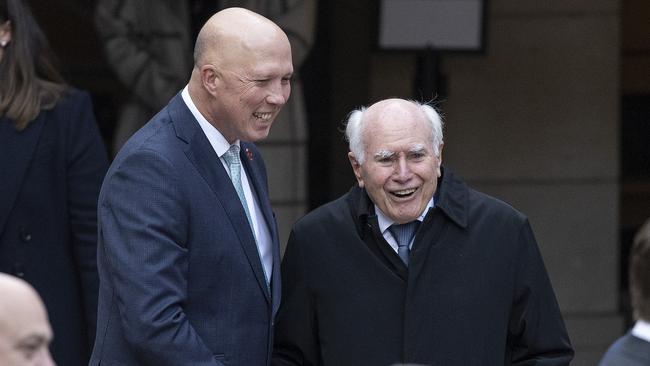
Yet Albanese will have to do something to be seen to tackling the problem. He can’t do nothing.
And herein lies the paradox.
As policy, relief for cost-of-living pressures that requires spending doesn’t work. It becomes merely optics.
The one thing that has worked in dealing with the other great crises of the past decade – the global financial crisis and the pandemic – has been to throw money at the issue.
This is the first crisis at which you can’t throw money.
It is a horrific economic dilemma for an incoming government.
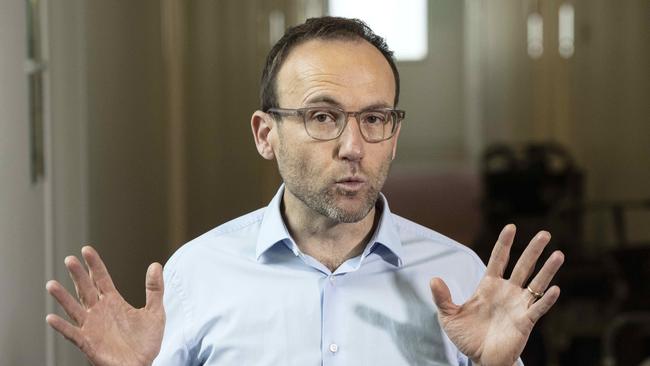
While the federal government may not have a lot of control over the escalating situation, one could argue that the RBA doesn’t have a lot of a control either.
But the argument that external factors including the Russian war on Ukraine are issues beyond the government’s control may ultimately diminish Albanese’s authority as a leader in control of the domestic economy.
This ignores the other reality of excessive demand in the economy.
And people will want to know that someone is in charge.
Albanese and Chalmers need to be seen to be doing something on cost of living when what they should be doing is reining in the budget, which is one of the only things a government can do in face of serious inflationary pressures.
Politically and electorally, this may ultimately become unpalatable.
Blaming the former government for the circumstances may have also by then run its course.
Indeed, that horse may already be bolting.
More Coverage
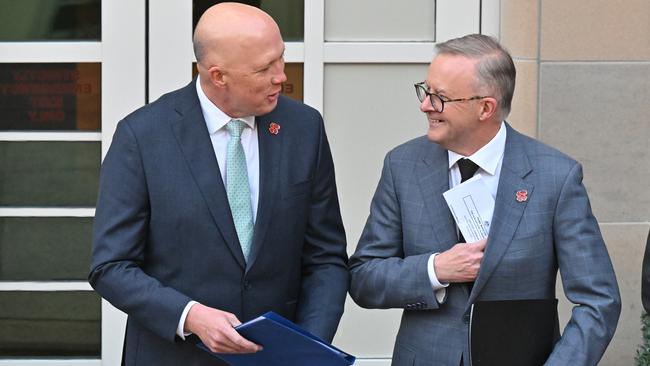



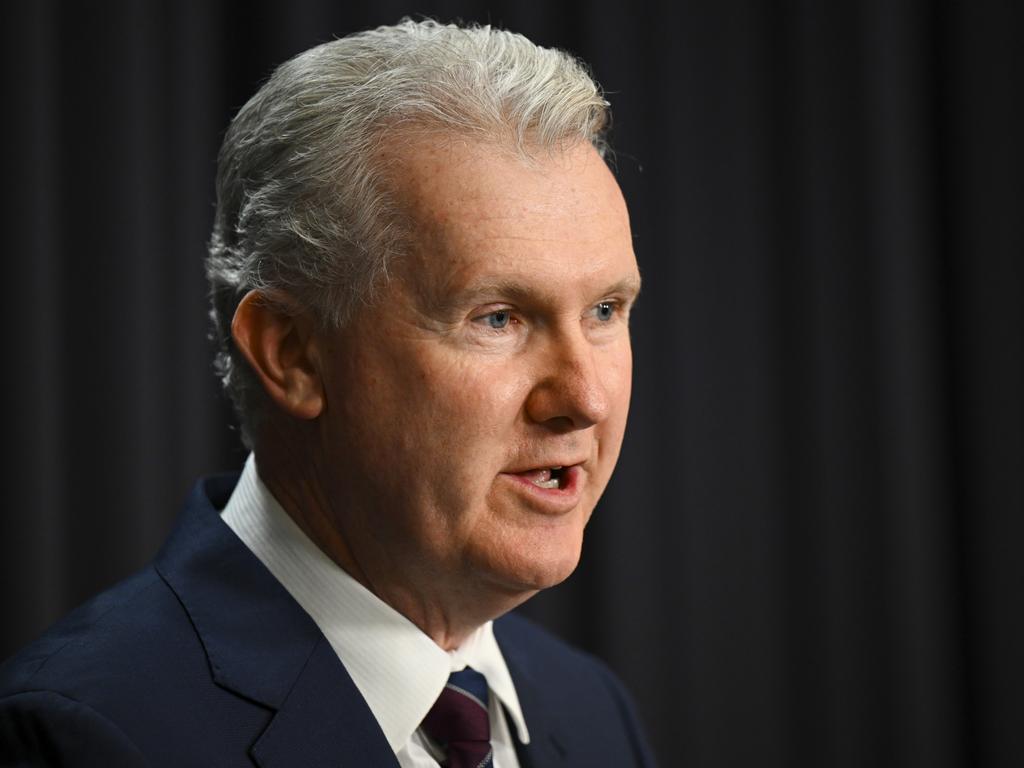
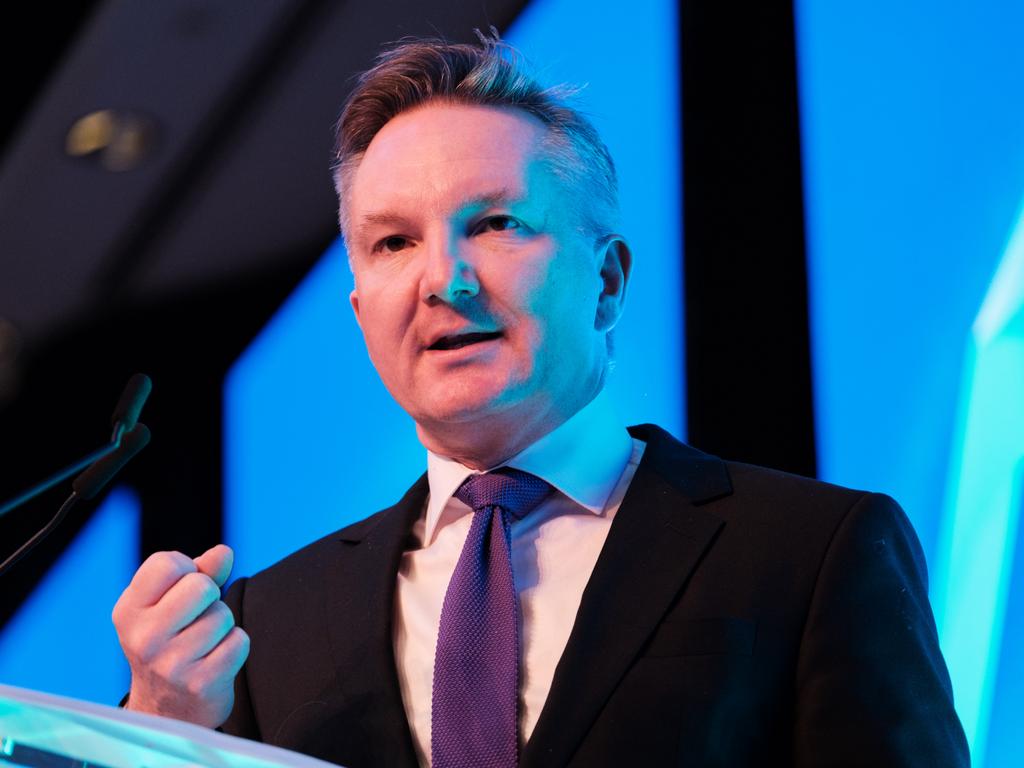


Of all the issues facing the Albanese government in its first parliamentary sitting week since the election, one will overshadow all else by Wednesday.